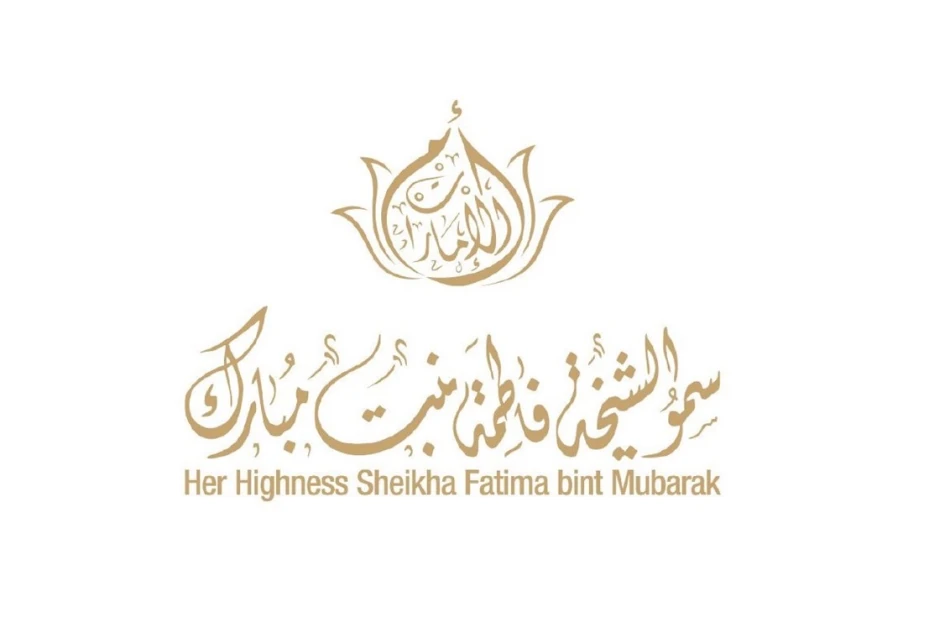
UAE's Sheikha Fatima: Emirati Women, the Beating Heart Fueling Society's Sustainable Prosperity
UAE's "Mother of the Nation" Champions Women's Role as Cornerstone of Society's Future
Her Highness Sheikha Fatima bint Mubarak, known as the "Mother of the UAE," has positioned Emirati women as the beating heart of the nation's social fabric, emphasizing their pivotal role in driving the country's comprehensive development. Speaking during the UAE's "Year of Community" initiative, she outlined how women's empowerment serves as a direct investment in social cohesion and national competitiveness—a model that other Gulf nations are closely watching.
A Strategic Vision Rooted in Founding Principles
The UAE's approach to women's empowerment traces back to the late Sheikh Zayed bin Sultan Al Nahyan, the nation's founding father, who established women as essential partners in national progress. This foundational philosophy has evolved into a systematic, long-term strategy that views women's advancement not as a social courtesy, but as an economic imperative.
Under President Sheikh Mohamed bin Zayed Al Nahyan's leadership, this vision has crystallized into concrete policy frameworks. The National Policy for Women's Empowerment 2023-2031, launched under the theme "We Share for Tomorrow," represents a comprehensive blueprint that addresses family cohesion, workforce integration, and future skills development.
Economic Impact and Global Competitiveness
Leadership in Strategic Sectors
Emirati women have established significant presence in high-value sectors including space technology, artificial intelligence, and advanced manufacturing. This positioning reflects the UAE's broader economic diversification strategy, where human capital optimization directly correlates with reduced oil dependency and enhanced global competitiveness.
The economic rationale is clear: countries that maximize women's participation in strategic sectors typically see higher GDP growth rates and innovation indices. The UAE's model contrasts sharply with regional approaches, positioning it closer to Singapore's technocratic development model than traditional Gulf economic structures.
International Recognition and Soft Power
Emirati women now hold key positions in international organizations, including leadership roles in the UN World Tourism Organization, the International Publishers Association, and the International Union for Conservation of Nature. This global presence serves dual purposes: enhancing the UAE's diplomatic influence while demonstrating the practical outcomes of systematic empowerment policies.
The Family-Society Nexus in National Development
Sheikha Fatima's emphasis on family as the "most important pillar" of the Year of Community reflects a sophisticated understanding of social engineering. Strong family structures typically correlate with higher educational outcomes, reduced social welfare costs, and enhanced economic productivity—metrics that directly impact national competitiveness rankings.
This approach diverges from Western models that often separate individual empowerment from family structures. Instead, the UAE framework positions family cohesion and women's advancement as mutually reinforcing elements of national strategy.
Regional Implications and Future Trajectory
The UAE's comprehensive women's empowerment model is increasingly viewed as a template for Gulf Cooperation Council countries seeking to diversify their economies while maintaining cultural authenticity. Saudi Arabia's Vision 2030 incorporates similar elements, while Qatar and Kuwait are developing parallel frameworks.
The success of this model will likely influence broader Middle Eastern development strategies, particularly as oil revenues face long-term pressure from global energy transitions. Countries that successfully integrate women into strategic sectors while maintaining social cohesion may gain significant competitive advantages in the post-oil economy.
Measuring Success Beyond Statistics
While the UAE regularly highlights quantitative achievements in women's participation rates, the deeper transformation lies in institutional culture change. The integration of women into space programs, AI development, and international diplomacy represents a fundamental shift in how Gulf societies conceptualize talent optimization.
This cultural evolution positions the UAE to capitalize on global trends toward inclusive innovation ecosystems, where diverse perspectives drive technological advancement and economic growth. The model suggests that traditional societies can achieve modernization without abandoning core cultural values—a balance that many developing nations struggle to achieve.
As the UAE continues implementing its Year of Community initiatives, the success of this integrated approach to women's empowerment and social development will likely influence regional development strategies for decades to come.
Most Viewed News

 Sara Khaled
Sara Khaled






